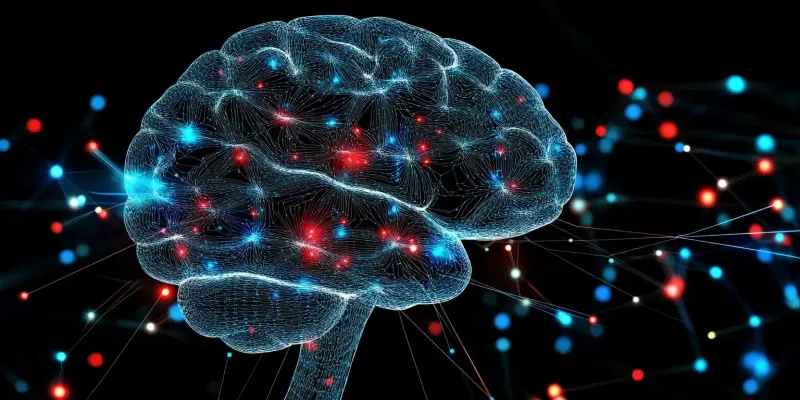Epic Games, the renowned developer behind the groundbreaking Unreal Engine, has recently made a significant acquisition by incorporating the AI-powered asset tagging company Loci into its portfolio.This strategic move aims to elevate Epic’s extensive 3D asset ecosystem by leveraging Loci’s cutting-edge technology. Loci’s AI-driven APIs are adept at efficiently labeling, categorizing, recommending, and optimizing 3D assets on a vast scale. With a rich database built from over one million 3D assets, Loci’s computer models exhibit an uncanny ability to understand almost any visual style, making this acquisition a potential game-changer in 3D asset management.
Enhancing Content Discoverability and Automation
Epic’s intention to integrate Loci’s technology into its platforms such as Fab and the Unreal Editor for Fortnite (UEFN) promises to revolutionize the way artists and developers interact with 3D assets. By automating workflows, artists can focus more on creative aspects rather than getting bogged down by repetitive tasks.Loci’s AI capabilities also enhance content searchability, making it exponentially easier to find and utilize specific assets amidst vast libraries. Moreover, this advanced technology aids in spotting intellectual property violations through 3D similarity detection, significantly bolstering moderation capabilities on Epic’s platforms. Such improvements are crucial in an age where content management and protection are more important than ever.
Future Prospects and Industry Impact
The collaboration is set to bolster Epic Games’ capabilities, streamlining asset management processes and enabling more dynamic and innovative development efforts. By integrating Loci’s technology, Epic Games can provide developers with more intuitive and powerful tools, significantly enriching the assets’ quality and usability in various projects.

